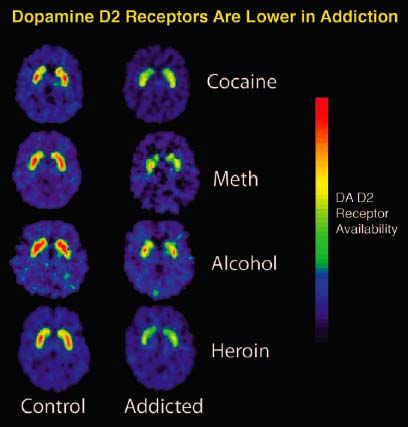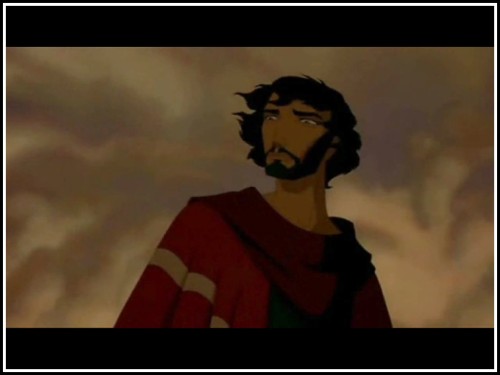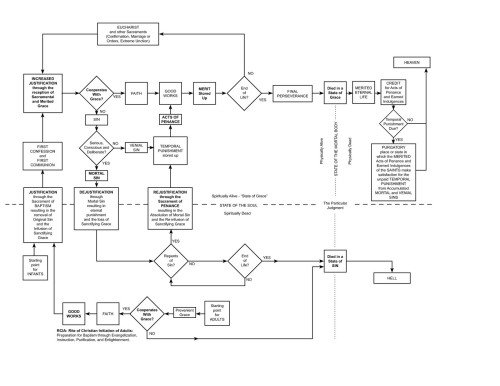Aristotle -> Aquinas -> Atheism, Part 4
Proof 2: First Cause
Drawing on the previous proof of the first mover, Aquinas says there should also be a first causer. Because we can deduce a single eternal source of motion from the fact that some things move, we can work in the same fashion to show that because some things have causes there must have been a first cause to set those causal chains in motion.
This works well because Aristotle was looking at change; how one thing can become another. His word for motion had a much broader sense to it, and could encompass the idea of the motion of cause to effect and not just object to object. Because our modern idea of motion is much more limited, this proof fleshes out what the first proof showed.
The proof also allows us to see the emphasis Aquinas placed on universals, which follows from his acceptance Aristotelian thought. The two universal concepts (motion and cause) are proved the same way. This is in contrast with the nominalism of the Franciscans Scotus and Ockham. In nominalism there are no universals, only particulars which happen to appear similar to each other. Subsequently we can only understand movement or cause in so far as we actually experience those things happening in particular cases. We are unable to reason about first causes or motion because we have no experience with those things, so Aristotle (and consequently Aquinas) are seen as overstepping the bounds of reason. In other words, if we could reasonably reason about these things, Aquinas would have a great proof, but regrettably we cannot reasonably reason about them, so they don’t provide good proofs of God.
Nominalism reintroduced the division between faith and reason in such a way that further fostered scientific development. If we cannot reason about things we don’t experience, we better pay a lot of attention to all that we do experience. By paying such close attention, the experimental side of science was confirmed and supported to the expense of metaphysics. In a sense, we still live with this legacy. Science even today only answers how things work the way they do, not why. We have laws of science, but no reasoning as to why laws should exist rather than chaos. The current understanding of metaphysics in our world is woefully inadequate.
Further, this division between faith and reason is also being lived out in daily life. Recall the atheist picture showing all the contradictions in scriptures, and the religious picture of dinosaurs living with people, from part 2. The denial of universals is part of why this division exists. Some religious people deny scientific reasoning and some atheist people deny the contextual faith distinctions in scripture. When we rely upon universals like Plato and Aristotle, this division can be erased. By focusing on particulars and denying universals, we end up dividing reason and faith.
Recall from the last post how Dawkins considers Aristotle to be making the vaguely phrased, “unwarranted assumptions”. A far better critique is to deny universals exist, as the nominalists did. While this denies such abstract universals as “Love” or even “Tree”, it does successfully denude Aquinas of any meaningful claim to proof of God’s existence. Again though, this denuding of Aquinas is only because it first denudes Aristotle of any room to reason about things people haven’t directly experienced.


